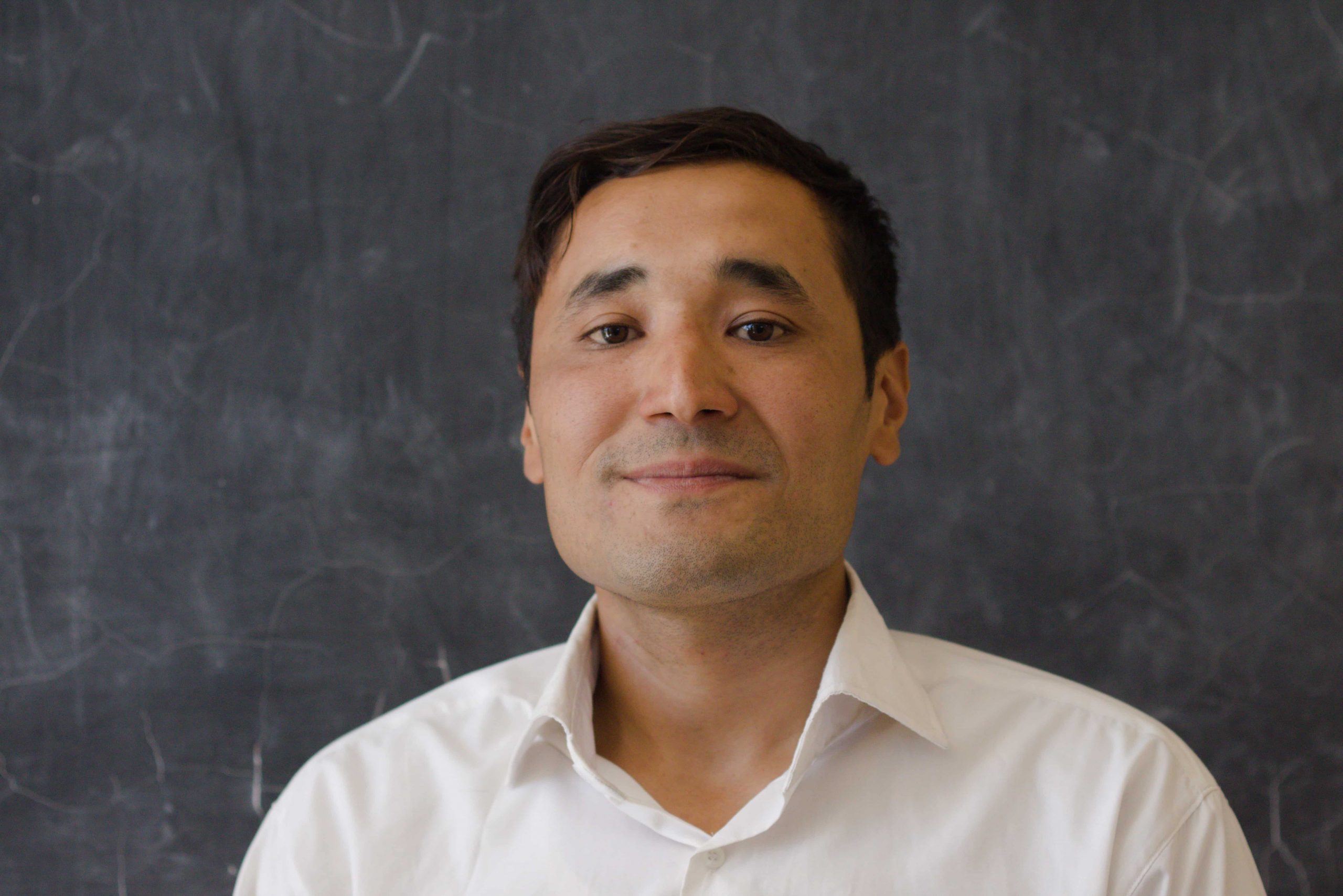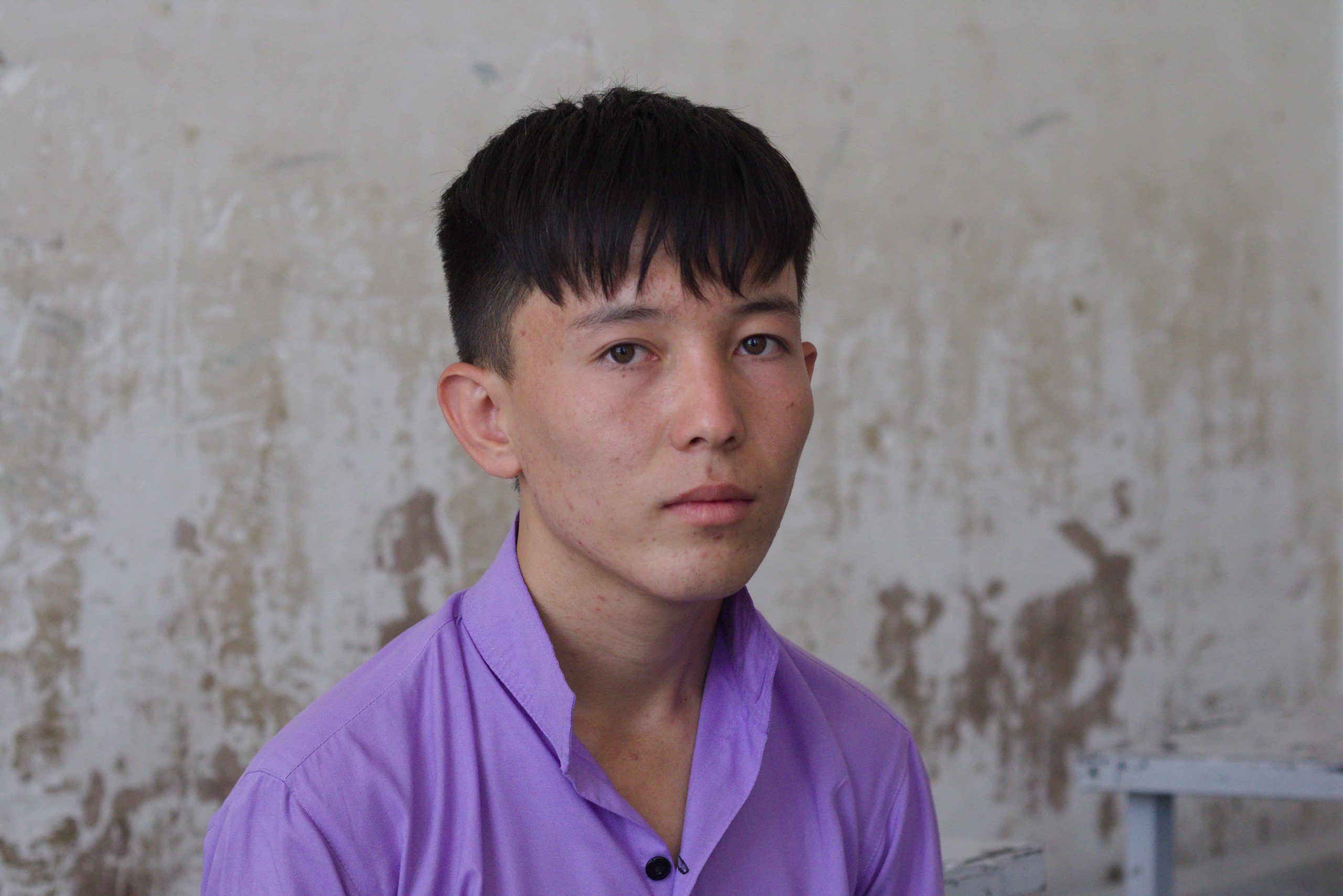Each year 3,000 Afghans attempt to take their own lives. Herat province accounts for more than half of all cases nationwide, according to the Afghan Independent Human Rights Commission (AIHRC).
The International Assistance Mission wants to improve mental health in Afghanistan, and save lives. That’s why we started our Youth Emotional Resilience Project (YERP) in Herat three years ago. YERP is working to enable youth to stand against violence and stress in their communities, families and schools. IAM is working to improve the long-term mental health of young people in the province by teaching them to deal with problems and failure, and to be confident and self-assured. We do this by training school teachers to give life-skills classes to their teenage students, and we also train religious leaders, community leaders and parents.
“These people have the highest-level relations and impact on children and youth,” says Adnan*, the YERP project officer. “We teach them skills such as, self-confidence, self-esteem, time management, how to cope with anger, how to cope with failure, how to cope with stress, problem solving, critical thinking, self-awareness, and creativity.”

A teacher in one of IAM’s partner schools in Herat
In 2019, 450 students were part of life skills courses in their schools. These courses are already bringing positive changes in pupils’ and teachers’ lives. Now that students are equipped with life skills, they are solving their problems in a more effective way, respecting others, taking decisions, and managing their time better. Ahmad*, an energetic young teacher in one of IAM’s partner schools in Herat, says that because of the life skills classes, more of his students are now succeeding in the big exam they must take in order to qualify for further education (Kankor test). “Thanks to the life skills course, now our students know how to manage their time,” he says.
YERP is also having a wider impact on whole families and communities. “When I taught my parents about life skills, they got happy. We are now practicing life skills in our family,” says Bahador*, a student from one of our partner schools. He says that he is very happy about the changes that have come to his life, both in school and at home, and he is sharing these skills with his friends, too. “If I didn’t learn these skills, I would not have a good future,” says Bahador. “But with these skills, I will be more prosperous compared to those who don’t know them.”.

Bahador, A student in one of IAM’s partner schools
As he delivers the IAM life skills lessons to his class, Ahmad knows the huge impact they can have. He himself witnessed that his relatives killed each other for a mini car crash, they didn’t know how to control their anger. Ahmad believes that the life skills knowledge he is teaching his students can stop more tragedies like this from happening. “These life skills courses could have prevented those four people from fighting and saved their lives,” says Ahmad. He is deeply committed to serving his people through teaching these skills to them and preventing other potentially fatal cases in his community.
Because of the positive impact YERP’s life skills classes are having in people’s lives, Herat Educational Directory is now working to include life skills in the Ministry of Education curriculum. We hope that one day, all students and communities throughout Afghanistan will benefit from these skills.
IAM has a multifaceted approach to mental health in Afghanistan. As well as teaching life skills, we’re providing mental health care for children and adolescents, helping to improve parenting, training counsellors, and more! Find out more about our Mental Health Programme here.
*Names changed